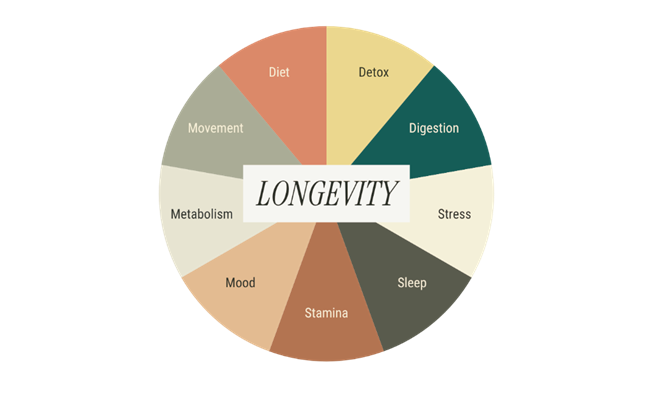Are You Ignoring These Low-Level Symptoms?
You always wake up tired.
You’re bloated after every meal.
Your cycle’s become irregular.
You’re snapping at your kids for no reason.
Or you keep waking at 2am and lying there unable to fall back asleep.
None of these feel serious enough to call in sick or book a specialist.
So you put it down to aging, stress, hormones, or all three and push on.
But here’s the problem.
Those “low-level” symptoms you’ve been tolerating?
They’re not random.
They won’t just go away at some point.
They’re data points.
Your body is trying to get your attention.
The Slow Build
Whilst we don’t want to enter health anxiety territory when it comes to our health, we also do not want to ignore signs and symptoms that can snowball into something else.
Most people’s health issues don’t appear suddenly.
They are gradual and accumulate.
The body compensates and adapts until it can’t.
That’s when symptoms tip from annoying to disruptive.
Burnout.
Chronic fatigue.
Autoimmune disease.
Significant weight gain.
Severe Insomnia.
None of these come out of nowhere.
They build from ignored, dismissed, or normalised signals.
What Counts as “Low-Level”?
Bloating after meals
Afternoon brain fog
Needing caffeine to get through the day
Dry skin or hair shedding more than usual
Irregular cycles or heavier periods
Losing muscle despite training
Feeling cold all the time
Waking with a puffy face or stiff joints
Frequent sighing or shallow breathing
Mood swings or irritability
Overheating
Chronic sinus congestion
Mouth breathing
These are often the body’s first signs of metabolic, hormonal, or inflammatory stress.
The Lie of “Managing”
We’ve been conditioned to manage symptoms instead of resolve them.
Take something. Push through. Wait it out.
But by the time a problem is loud enough for a diagnosis, it’s already well advanced.
Smart health isn’t about reacting.
It’s about pattern recognition.
And course correction before breakdown.
What to do Instead
Pause and track
Write down the symptoms you’re experiencing. Even the subtle ones.Look for patterns
Are they tied to stress? Your cycle? Meals? Sleep?Start with your weakest link
You don’t need to fix everything.
But you do need to focus somewhere.
Fatigue, digestion, sleep, mood. Choose one.Seek functional context
Test don’t guess. Run comprehensive bloods. Test gut function. Get real time data.Address the cause
Supplements and medications help, but only if they’re supporting root-level repair.
Midlife is Not the Problem
Midlife is when your body starts asking for a different kind of support.
More personalised support.
More time for recovery.
More targeted treatment.
If you’re feeling off, pay attention to that. It’s information.
And acting on it now changes your future.
Take the Health Edit Quiz to pinpoint your body’s biggest priority. It’s not about doing more. It’s about doing the right thing, first.

